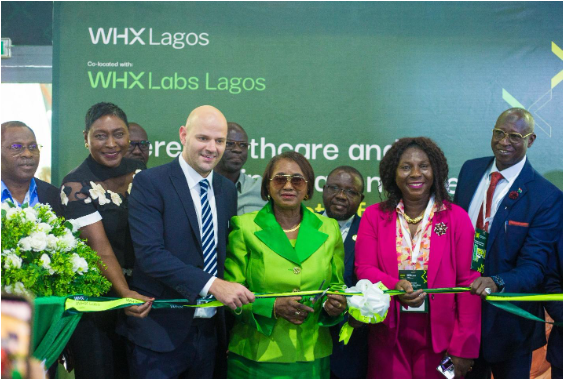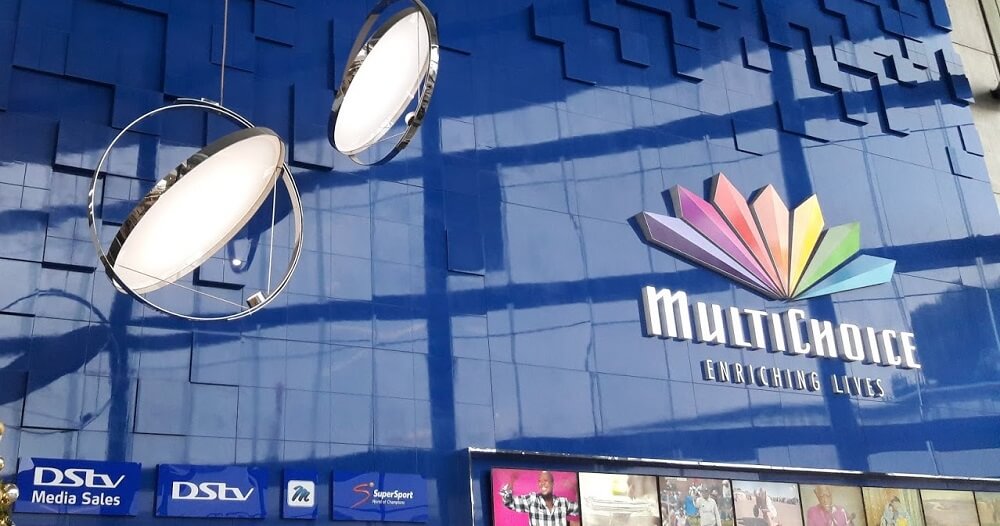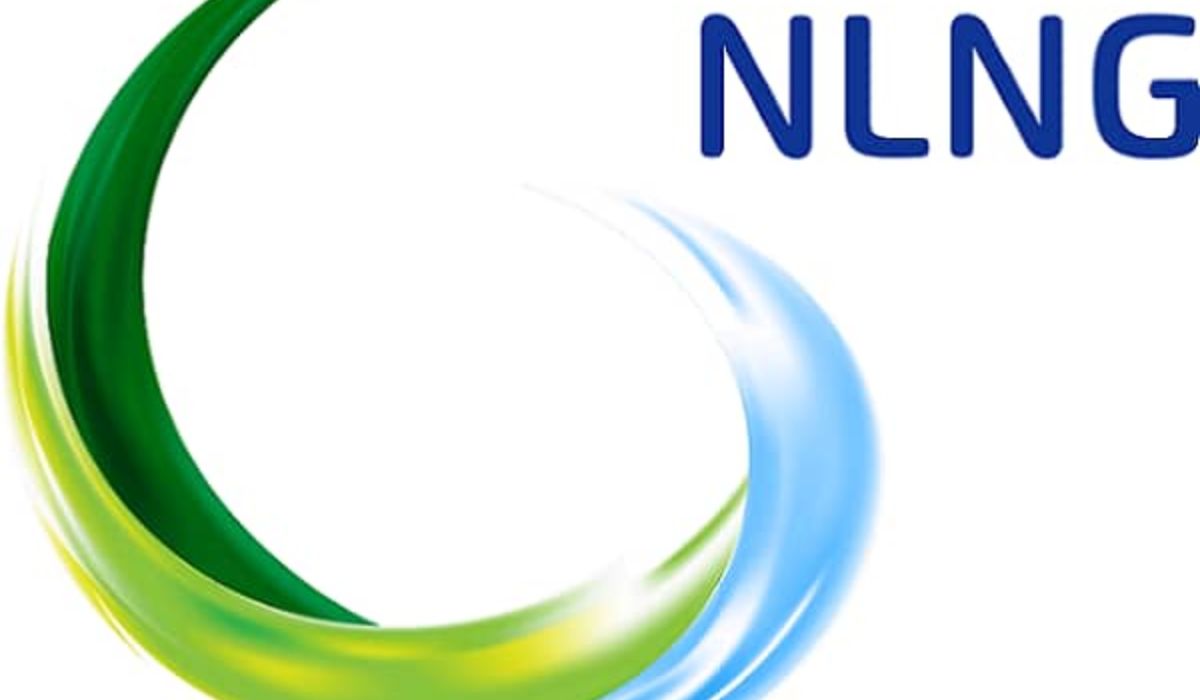Dana Motors unveils fully CNG-powered buses amid fuel scarcity in Nigeria
Dana Motors, a key player in Nigeria’s automotive industry, has introduced fully compressed natural gas (CNG)-powered buses, assembled at its facility along the Oshodi-Apapa expressway in Isolo, Lagos.
The launch marks a significant step toward environmental sustainability and cost-effective transportation solutions in Nigeria.
Regarding the milestone, Jacky Hathiramani, Managing Director of Dana Motors, described it as a “new dawn for Nigeria’s energy and automotive sectors.”
He emphasized the company’s commitment to delivering cutting-edge, eco-friendly, affordable vehicles to the Nigerian market.
“Since our assembly operations began in 2014, with the capacity to assemble 18,000 units annually, Dana Motors has remained focused on local content and job creation,” Hathiramani said.
He highlighted the company’s efforts to lead Nigeria’s transition to innovative automotive solutions, particularly with the introduction of these CNG-powered buses.
He said the new buses, designed to accommodate 14 to 45 passengers, offer a practical alternative to conventional petrol and diesel-powered vehicles.
”With the ability to travel up to 500 kilometres on a single charge, they are ideal for intra-city and intercity transportation.
”Beyond cost savings, CNG buses provide significant environmental benefits, emitting fewer pollutants than their petrol and diesel counterparts,” he added.
Hathiramani also revealed plans to roll out mobile CNG refuelling stations across the country, ensuring fleet operators can maximize the efficiency of their vehicles.
“We are fully supporting the government’s initiative to popularize CNG as an alternative fuel by providing the necessary infrastructure.
“In terms of comfort, the buses are equipped with modern features such as air conditioning, electric central locking, and an audio-visual system, enhancing the passenger experience,” he added.
He added that Dana Motors’ collaboration with stakeholders like the National Automotive Design and Development Council (NADDC) is aimed at fostering long-term impacts on Nigeria’s automotive sector.
“This initiative not only enhances public transportation but also underscores our company’s role in driving sustainable energy solutions across the country,” he concluded.
In a related development, the Federal Government has unveiled plans to slash the country’s annual petrol import cost by up to $4.4 billion through the adoption of CNG as an alternative fuel.
Engr. Zayyan Tambari, the coordinator of Regulations, Compliance, and Facilitation at the Presidential Initiative on Compressed Natural Gas, revealed this during a Co-creation Session on the Nigeria Gas Vehicle Monitoring System held in Abuja.
He said the government aims to convert approximately one million vehicles to CNG, which requires an estimated investment of $890 million to establish the infrastructure for the alternative fuel.





